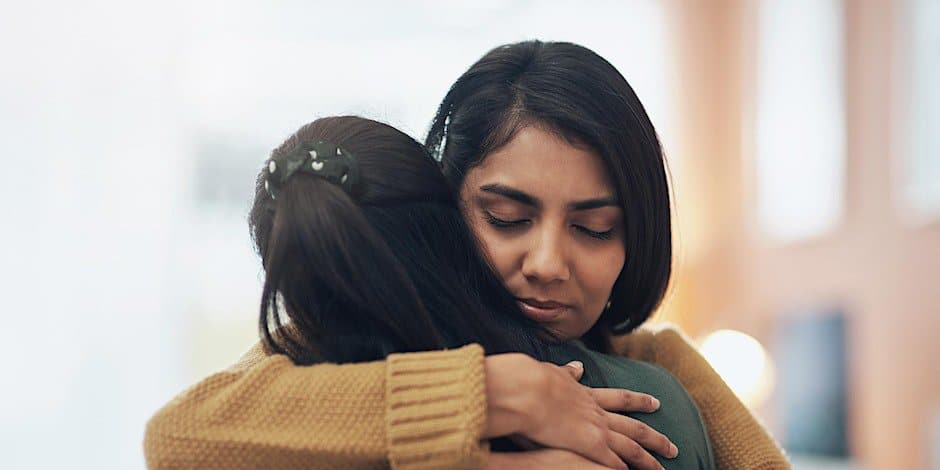“Blood doesn’t matter. You’re family, that’s what matters.” The words came from my step-uncle. They were a warm blanket surrounding and reassuring me that there were people out there who loved me. I never expected to be standing over his open casket just months after that interaction. He died of an accidental heroin overdose. On that day of his funeral, at nearly 13 years of age, I was taught what mortality and the eventual result of drug use were. It was my first time seeing someone I cared for in such a state, but not the first that someone I loved had died of an overdose. I had randomly run into my aunt at the sobriety event, and a week later it was announced that she overdosed and died. I was inconsolable for months after her death, unable to wrap my head around how someone as accepting, loving, and generous as her could die. I would break down into a sob at the mentioning of her name. Even now, 7 years later, I still cannot forgive myself for not attending her memorial service.
Even during these devastating events I considered myself lucky. He left behind two daughters, ages 9 and 13, and she left behind a son of the same age. I am lucky because my own parents, themselves, are recovered drug addicts. That could have been them. A value that will always stand true for me is how much I love my parents. As I age, I learn more about their pasts and am able to look at my childhood from a more knowledgeable view. My parents were unable to reach their full potential due to addiction in their early adult lives and it follows them to this day. We were a family of 4 living off of a single income of 8.25 an hour. For 9 years of my life, we did not have running water and our electricity was secretly turned on. We had nothing but the love for each other to give us hope for a better future. Due to the absence of running water, my brother and I were rarely able to shower. We were bullied and mocked in school because of the way we smelled and lack of money. I can vividly remember in 5th grade when my teacher practically announced “Wow, your family must live in destitute!” to the entire class while checking off the list of supplies I did not have. I almost cried from embarrassment while kids around me let out quiet chuckles.
There were three instances where I had to flee from my decaying house to live with family friends at the threat of DHS taking me from my parents. No matter how dirty or how decrepit my childhood home was from leaking ceilings and holes in the roof, all I wanted was to go back home and be with my family. Looking back, no it was not an ideal situation to be raised in, but I was happy. The constant laughing, fun movie nights, and going to the public pool every single day are what made my childhood amazing. Growing up in a low-income area has its problems, but I wouldn’t be the person I am today without my neighborhood. The lifeguards at the public pool were our idols. They trained us to be first place winning, no apologies, butt-kicking swimmers. We ate, slept, and breathed swim team in the summer. It brought us a sense of pride and accomplishment. That experience inspired me to be a lifeguard and help young kids just like the lifeguards of my youth. The struggle sparked my passion and creativity which I express through dancing. The world of dance has opened me to many opportunities, like CAPA, the amazing school I attend now. Important resources and opportunities in under-resourced communities like those are what keep myself and other kids drug free. Weekly trips to the methadone clinic with my parents also kept me drug free. There I was able to interact with the incredibly smart psychologists and counselors who inspired me to study psychology while helping my parents and other clients in their sobriety.
It was at these clinics that I learned I am no better than the people around me struggling with addiction. There is a story behind every addiction and mistakes don’t make you a bad person, they make you human. Addiction isn’t permanent, with help you can overcome it. This scholarship will help me pursue my passion for psychology and study new treatments for people struggling with addiction to aid in the goal of creating a better, sober tomorrow so children won’t have to struggle like my family did.

